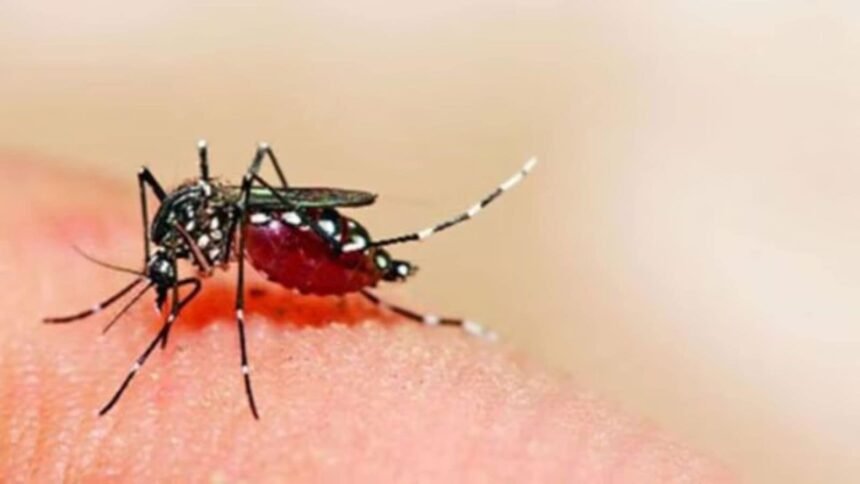Andhra Pradesh is launching a pilot project to curb the mosquito menace during monsoons using artificial intelligence. The government is set to launch the pilot, called the Smart Mosquito Surveillance System (SMoSS), in 66 locations across six municipal corporations — Visakhapatnam, Vijayawada, Kakinada, Rajamahendravaram, Nellore, and Kurnool.
The system will help track and control mosquito numbers more efficiently and safely, said P Sampath Kumar, director of municipal administration.
The initiative is being led by the Municipal Administration and Urban Development department. During monsoon, the state reports a spike in dengue and malaria cases – in 2024, it reported 5,555 dengue cases, while this figure was 6,453 in 2023.
According to officials, SMoSS uses AI-powered mosquito sensors, drones, and other devices to detect mosquito species, gender, population density, and weather conditions such as temperature and humidity. When mosquito numbers cross the safe limits in an area, automatic alerts will be sent so civic teams can act fast and carry out spraying or fogging operations.
“This will enable close monitoring and ensure prompt fumigation in the affected areas in a data-driven approach for effective control of mosquitoes instead of the present ‘blind spraying’ process that has little impact. The IoT (internet of things) sensors will monitor mosquito density and guide the targeted activity,” said an official who recently reviewed the system’s capabilities.
By using drones for spraying larvicide, officials say the system will cover more ground in less time, with fewer chemicals and at a lower cost. The system also includes a real-time dashboard that streams live data to a central server, allowing continuous tracking and quick response.
Kumar said they will be outsourcing the operations completely to specialised agencies, and payment will be result-oriented by fixing operational accountability. Complaints, if any, from the citizens and field-level functionaries will be tracked via mobile applications (Vector Control and Puramitra).
Story continues below this ad
To further strengthen the response, hospitals across the state will send daily reports of cases of dengue, malaria, and chikungunya. Based on this, mosquito hotspots will be identified and targeted for action. Special plans are being prepared for fogging and larval treatment in those areas. “The whole focus and approach of SMoSS is safeguarding public health. Prevention of diseases through containment of vectors will be the driving spirit,” an official said.







